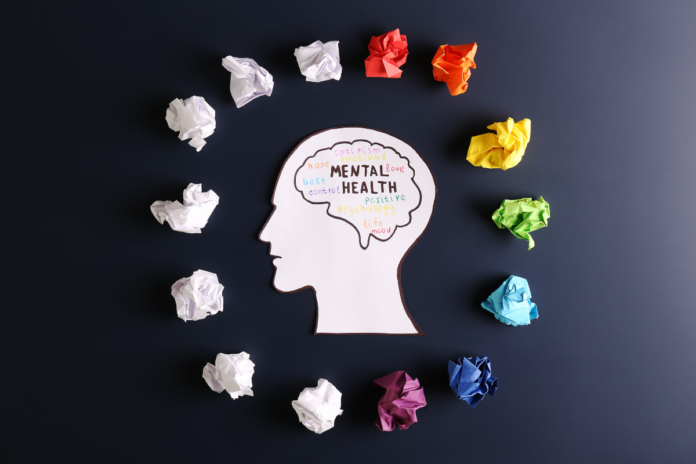It’s no secret that mental health is important to our overall health and well-being. Mental health affects our everyday lives in many ways. Many factors can contribute to mental health problems, such as major events in your life; a death, birth, or marriage; unresolved parental issues; financial hardship or difficulty in a relationship. Good Mental health is about feeling good about yourself and your life, coping with life’s normal ups and downs, and being productive in what you do.
Different Types of Mental Health conditions
There are many different mental health conditions, each with unique symptoms and characteristics. Some common mental health conditions include anxiety disorders, depression, bipolar disorder, and schizophrenia.
- Anxiety disorders – People with anxiety disorders may experience heart palpitations, sweating, trembling, and difficulty breathing. Anxiety disorders can be debilitating and interfere with everyday activities.
- Depression – It is a mood disorder that is characterized by persistent feelings of sadness, emptiness, or hopelessness. People with depression may also experience a Loss of interest in activities such as watching movies, sports, playing games such as NetBet Casino, war games or any other outdoor games that they once enjoyed.
- Bipolar disorder – Extreme mood swings are a symptom of this mental health condition. Bipolar disorder patients may go through times of tremendous happiness or vigour followed by periods of severe sadness or depression. Bipolar disorder can disrupt one’s life and even lead to hospitalization.
- Schizophrenia – A severe mental illness impacts a person’s thoughts, feelings, and actions. Schizophrenia patients may experience voices that no one else hears, sights that no one else sees, or false beliefs. Schizophrenia can be very disabling and often requires long-term treatment.
Strategies for Developing Good Mental Health
There are many things that you can do to improve your mental health. Some simple lifestyle changes can make a big difference. Here are some strategies for developing good mental health:
- Get regular exercise – Exercise releases endorphins, which have mood-boosting effects.
- Eat a healthy diet – Eating nutritious foods helps to support overall physical and mental health.
- Get enough sleep – Sleep is essential for good physical and mental health.
- Connect with others – Spending time with loved ones, participating in social activities, or volunteering can help reduce stress and promote positive emotions.
- Manage stress effectively – Stress can negatively affect mental and physical health if it’s not managed effectively. Identify healthy coping mechanisms such as deep breathing, journaling, or yoga and use them when feeling overwhelmed.
Exercise and Stress Relief
Exercise is a great way to relieve stress. It increases your heart rate and releases endorphins, which have mood-boosting effects. A moderate amount of exercise is the key to stress relief. You don’t have to go overboard – 30 minutes of moderate daily activity is enough to make a difference. If you don’t have time for a full workout, there are other ways to get moving and relieve stress. Take a brisk walk around the block, do some yard work or dance around the living room. Anything that gets you moving and boosts your heart rate will help reduce stress.
Healthy Diet and Sleep
A healthy diet and sleep are critical for good mental health. A nutritious diet provides the body with the essential nutrients to function properly. Sleep is important for physical and mental health. It allows the body to repair itself and helps the brain to consolidate memories and process information. Getting enough sleep can help improve mood, concentration, and energy levels. Eating a healthy diet can help reduce stress and improve mood. Eating plenty of fruits and vegetables is also important for good mental health. Fruits and vegetables are rich in vitamins, minerals, and antioxidants that can help to boost mood and protect against mental health problems.








